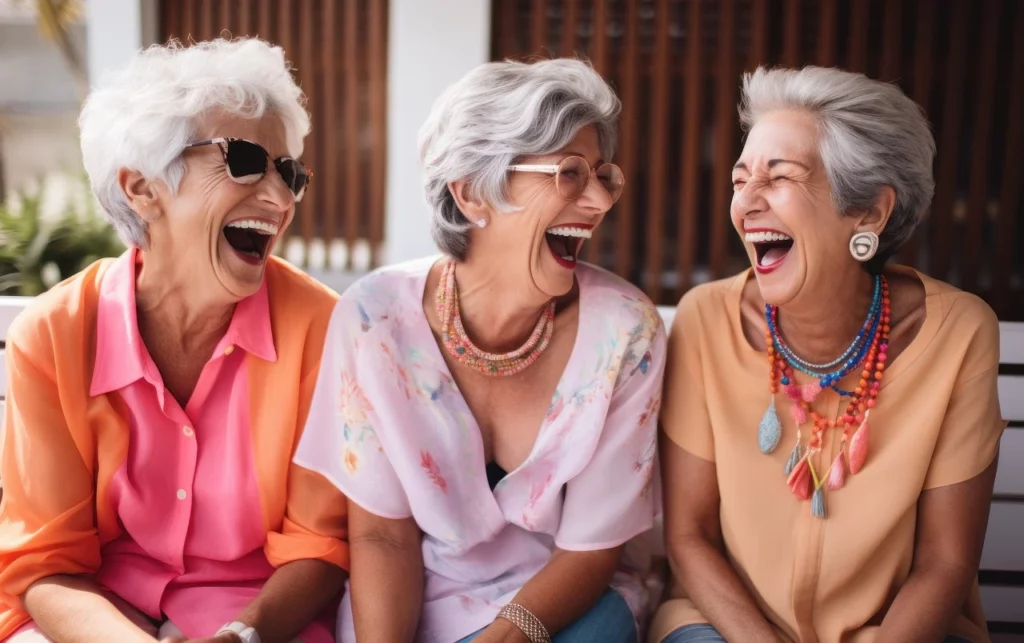
As the fallout from President Joe Biden’s debate debacle continues, the whole episode may be evoking the painful reality that we will all grow old and develop frailties we might not want others to see.
The Washington Post took the temperature of some older citizens after the debate, people for whom Biden’s stunning underperformance elicited some sympathy for the 81-year-old president that had nothing to do with politics.
Tim Ryan, a former Democratic congressman from Ohio, told the Post he found Biden’s debate performance heartbreaking.
“One guy I talked to is a lifelong Republican,” Ryan said, “a good friend of mine. And he said, ‘You know, my one parent had Alzheimer’s, the other had dementia. It’s sad to watch.'”
As we get older, we may have already experienced the diminished state of feeble parents, aunts, uncles and grandparents. Senility, dementia, Alzheimer’s: They are conditions we hear about and dread first in our loved ones, then ourselves.
About 5.8 million people in the country have full-blown Alzheimer’s disease or related dementias, including 5.6 million who are 65 and older, according to the Centers for Disease Control and Prevention (CDC). Those 75 or older make up 73% of victims. About one in nine people 65 and older – 10.9% – has Alzheimer’s.
It’s a word that evokes fear the same way cancer does since there is no known cure.
Dementias may begin with forgetfulness, a slowed gait, the sudden inability to complete routine tasks, misplacing of items and a loss of direction. That last one is why you’ll often hear the phrase “taking the car keys away.” When it’s no longer safe for mom or dad to be behind the wheel of a car, we have to deny them that freedom.
And that can be heartbreaking.
But at the same time, getting older often means acquiring wisdom from a lifetime of experience. And as some of the public reaction to Biden’s debate performance showed, we may be too quick to write off that experience when our loved ones lose some of their faculties.
“Ours is a culture that greatly undervalues the potential contributions of older people who have so much to offer in terms of care, mentorship and experience, and instead consistently portrays them as burdensome,” Dr. Patricia Cantley, a Scottish consultant in elderly medicine since 1997, told the New York Times.
“To recognize that people are frail is not to think of them as no longer productive, dignified or wholly intact,” she added. “It does not mean they are necessarily significantly cognitively impaired, nor does it mean they are imminently dying.”
Instead, as the Times notes, “elderly people who manage to live successfully with frailty have come to a point in their lives when they – and others – have accepted the fact they no longer function the way they once did.
“It may mean changing one’s habits and routines to accommodate a slower-paced, less volatile life, and accepting with grace both the privileges and the constraints of age.”
That may be easier said than done, but it’s a place to start.










